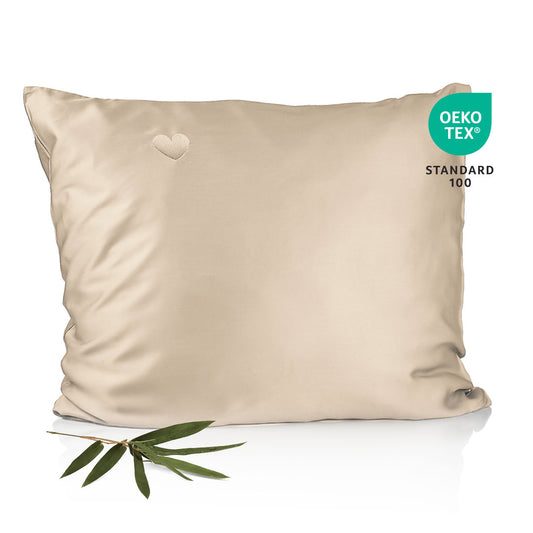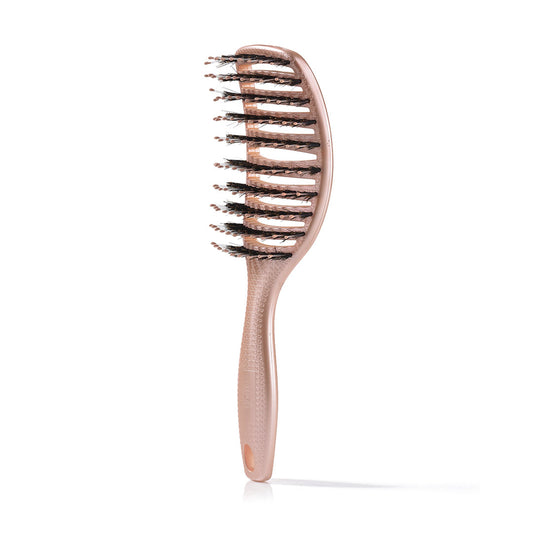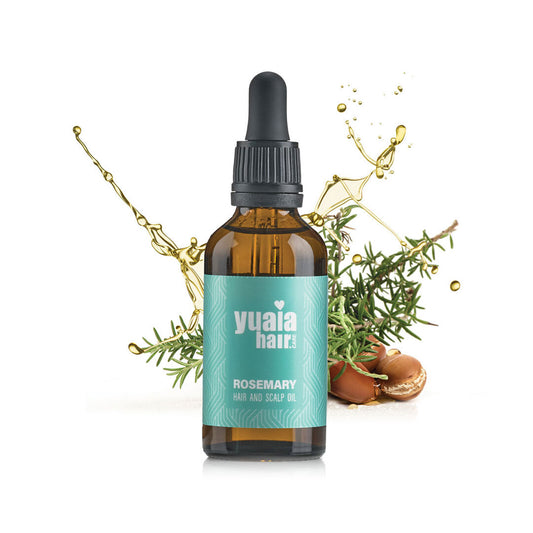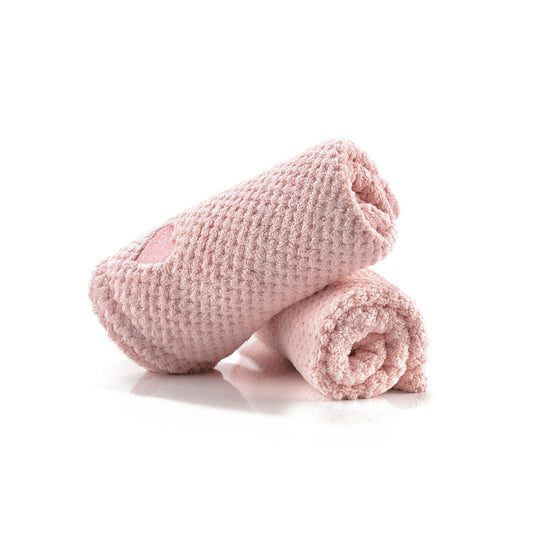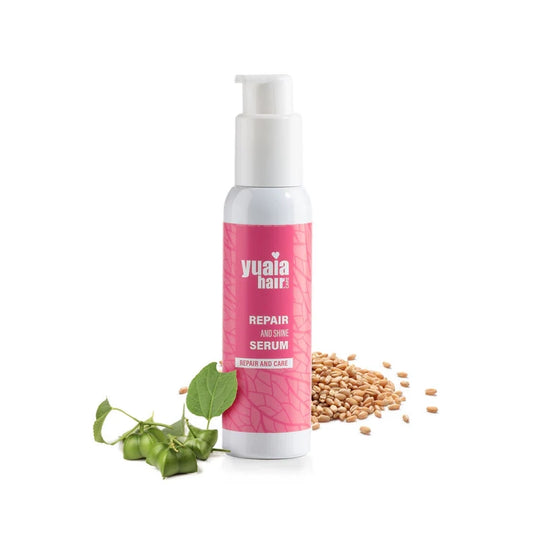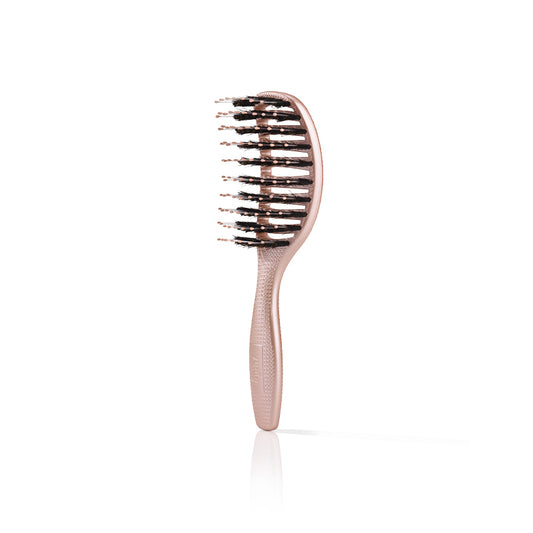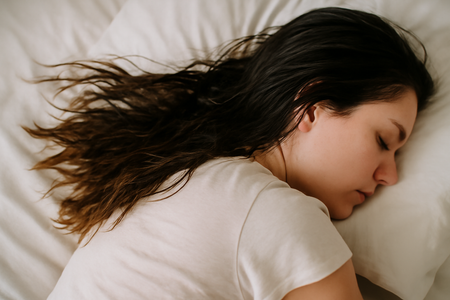
Common Practices that Lead to Damage
Many people unknowingly engage in practices that can exacerbate the fragility of wet hair. For instance, sleeping on rough pillowcases can increase friction, further stressing the hair strands. Opting for a bamboo pillowcase can help reduce this friction and minimize breakage. Additionally, using a gentle brush designed to detangle without pulling can make a significant difference in maintaining hair health.
Potential Scalp Issues from Sleeping with Wet Hair
Beyond breakage, sleeping with wet hair can also impact scalp health. A damp environment is conducive to the growth of fungi or bacteria, which can lead to scalp conditions such as dandruff or dermatitis. Ensuring your hair is dry before bed can help prevent these issues and keep your scalp healthy.
Understanding the risks associated with sleeping with wet hair is the first step in protecting your hair and scalp. By adopting mindful practices and using the right products, you can maintain healthy, resilient hair.
Risk Factors for Hair Breakage
Understanding why some hair types are more susceptible to breakage when wet can help in tailoring your hair care routine. Chemically treated hair, such as hair that has been dyed or permed, is particularly vulnerable. The chemical processes involved often strip hair of its natural protective fatty acids, leaving it more prone to damage. When such hair is wet, it tends to swell, increasing the risk of breakage.
In addition to chemical treatments, environmental factors can also play a role. Humidity, for example, can exacerbate the swelling of wet hair, making it even more fragile. Individuals who frequently expose their hair to heat styling tools or harsh weather conditions might find their hair more susceptible to breakage when wet. Therefore, it's essential to incorporate protective measures, such as using a rosemary hair oil that can help maintain moisture and protect the hair from environmental stressors.
Impact on Scalp Health
Sleeping with wet hair doesn't only affect the hair itself; it can also have implications for scalp health. A damp scalp creates an ideal environment for fungal or bacterial growth. This can lead to scalp conditions such as dandruff or dermatitis, which not only affect the health of the scalp but can also contribute to hair breakage.
To prevent these issues, it's advisable to ensure that your hair is thoroughly dried before going to bed. If drying completely isn't possible, consider using a blow dryer on a cool setting to remove excess moisture. This practice can help maintain a healthy scalp environment, reducing the risk of conditions that might compromise both scalp and hair health.
Is it Safe to Occasionally Sleep with Wet Hair?
While making a habit of sleeping with wet hair is not recommended due to the increased risk of breakage and scalp issues, doing so occasionally is unlikely to cause significant damage. The key is to ensure that it's not a regular part of your routine. When you do find yourself with wet hair at bedtime, consider taking precautions such as using a microfiber towel to absorb excess moisture before sleep.
Moreover, be mindful of the materials you sleep on. Opting for a pillowcase that reduces friction, such as one made from bamboo, can help mitigate some of the risks associated with wet hair. These small adjustments can make a big difference in maintaining the health of both your hair and scalp.
By understanding the factors that contribute to hair breakage and scalp health, you can make informed choices that protect your hair even when life gets busy. Adopting these practices ensures that occasional lapses don't lead to long-term damage, keeping your hair resilient and healthy.
Can Hair be Styled Safely Before Bed?
Styling wet hair before bed requires a gentle approach to avoid unnecessary tension and breakage. Tight hairstyles, such as ponytails or braids, can place stress on wet hair, leading to damage. Instead, consider leaving your hair down or loosely braiding it. Loose styles allow your hair to dry naturally while minimizing stress on the strands.
For added protection, you might consider applying a lightweight leave-in conditioner or serum that enhances moisture retention and reduces tangling. This can help keep your hair smooth and manageable while you sleep.
Frequently Asked Questions
Does Sleeping with Wet Hair Cause Colds?
While it is a common belief that sleeping with wet hair can cause colds, this is a myth. Colds are caused by viruses, not wet hair. However, the real concern lies in the potential impact on your hair health, such as increased breakage and scalp issues.
What are Signs of Scalp Issues from Sleeping with Wet Hair?
Signs of potential scalp issues from sleeping with wet hair include increased dandruff, irritation, or an itchy scalp. These symptoms can indicate fungal or bacterial growth due to the damp environment. Ensuring your hair is dry before bed can help prevent these issues.
How Can Yuaia Haircare Help?
At Yuaia Haircare, we offer products made with natural ingredients to help maintain healthy hair. Our rosemary hair oil provides nourishment and protection, making it an excellent addition to your hair care routine. Additionally, using our curvy brush can help gently detangle wet hair, reducing the risk of breakage.
 2-4 day UK delivery
2-4 day UK delivery
 25.000+ satisfied customers
25.000+ satisfied customers
 Satisfaction Guarantee
Satisfaction Guarantee



















